
Vietnamnet
2144 newsArticles by author
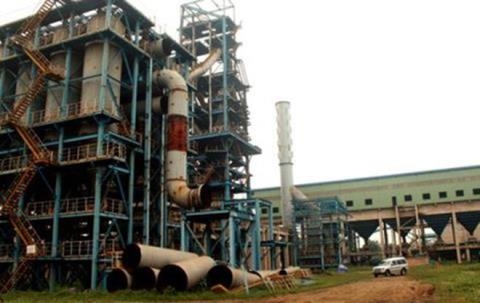
Vietnamese businesses worry about weak competitiveness
A survey found that only 32 percent of businesses have confidence in the competitiveness of their products, while others are worried about the increased presence of foreign goods.
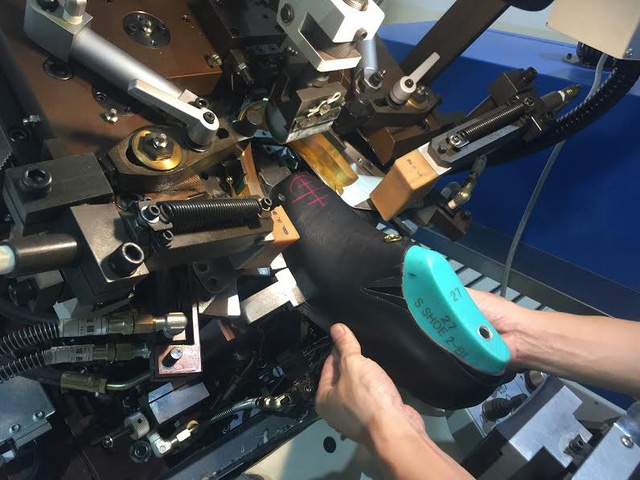
Vietnamese businesses are spending more on branding
Nike and Adidas are willing to pay 10%-17% of their profits for their marketing campaigns. Will Vietnamese businesses do the same?

Smartphone popularity will change face of e-commerce
A Google representative said that in the near future, Vietnam’s e-commerce performance will be ‘mobile only’.
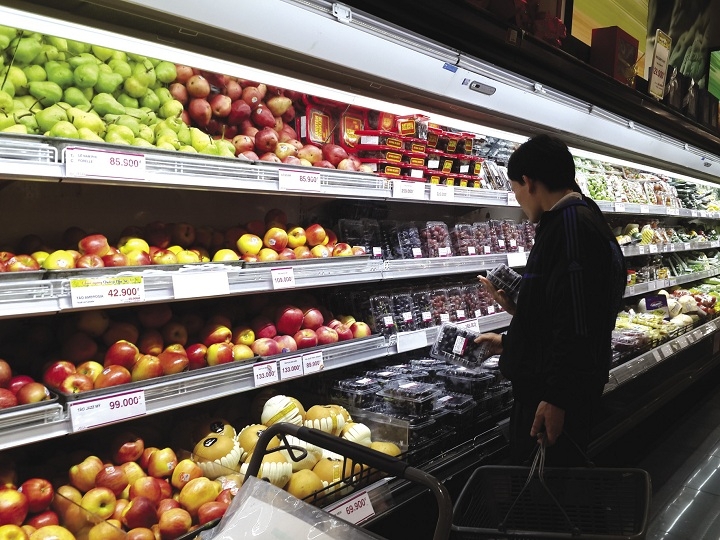
Vietnam fruits welcomed overseas, less favored in home market
While Vietnam’s fruits are popular among choosy consumers in the US, Japan, the Republic of Korea and New Zealand, the products have to struggle to cement their positions in the domestic market.
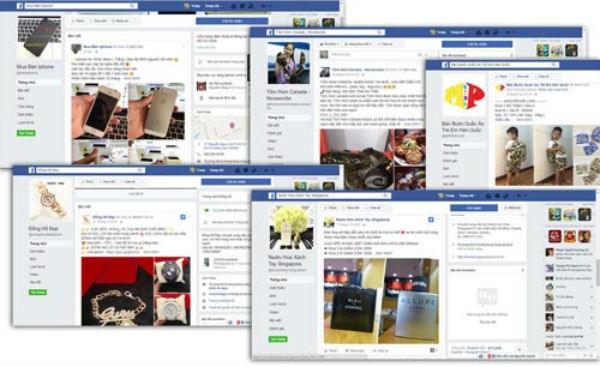
Earning VND2 billion via Facebook, millionaires still can evade tax
About 50 dollar millionaires in Vietnam earn billions of dong a month via Facebook, according to a Facebook representative. However, the taxation body said it cannot collect taxes from these sellers.
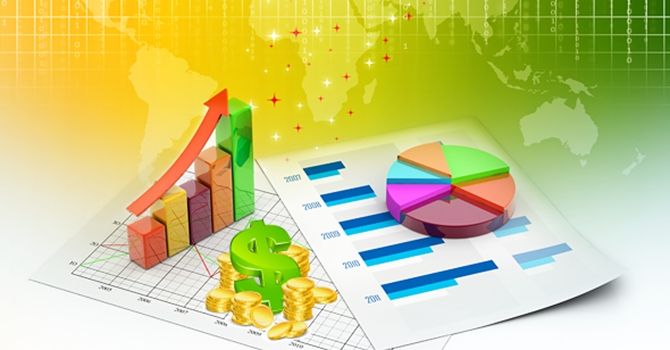
Banks report satisfactory profits, increased bad debts
Banks’ finance reports in 2016 show good news and bad news. Most of them had profits higher than the year before, but the number of non-performing loans increased.
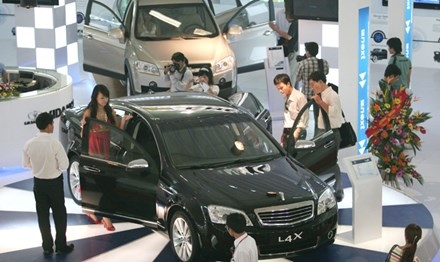
Would Vietnamese automakers prosper if foreign counterparts leave?
Economists and representatives of Vietnamese automobile enterprises believe the threatened departure of foreign automobile manufacturers would not be a problem for Vietnam.

Casino industry: what will happen after the trial period?
The newly released Decree 03 stipulates that Vietnamese will be allowed to go to casinos during a trial period of three years. What will happen after that period?
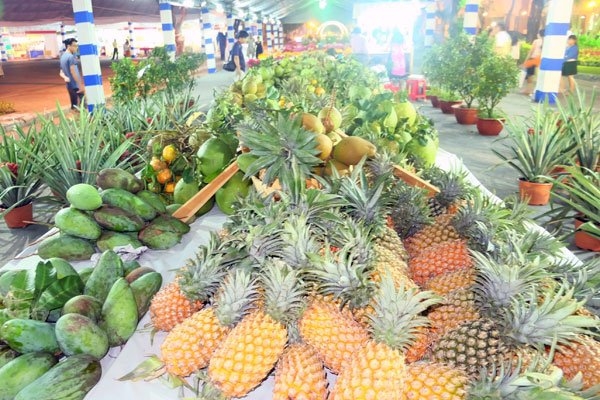
Vietnam's export ratio of farm produce in decline
Vietnam’s total export turnover has been growing at an annual rate of 12.8% but outbound shipments of agricultural products have faced numerous difficulties and their annual export growth was recorded at a mere 2.4% in the 2012-2016 period.
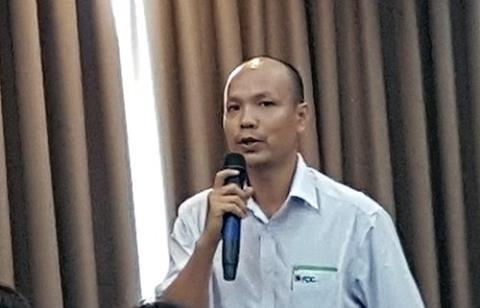
US$20,000 for a rice export license - fact or fiction?
Rice exporters complain they have to satisfy many requirements and pay under-the-table money to obtain a license to export rice.
